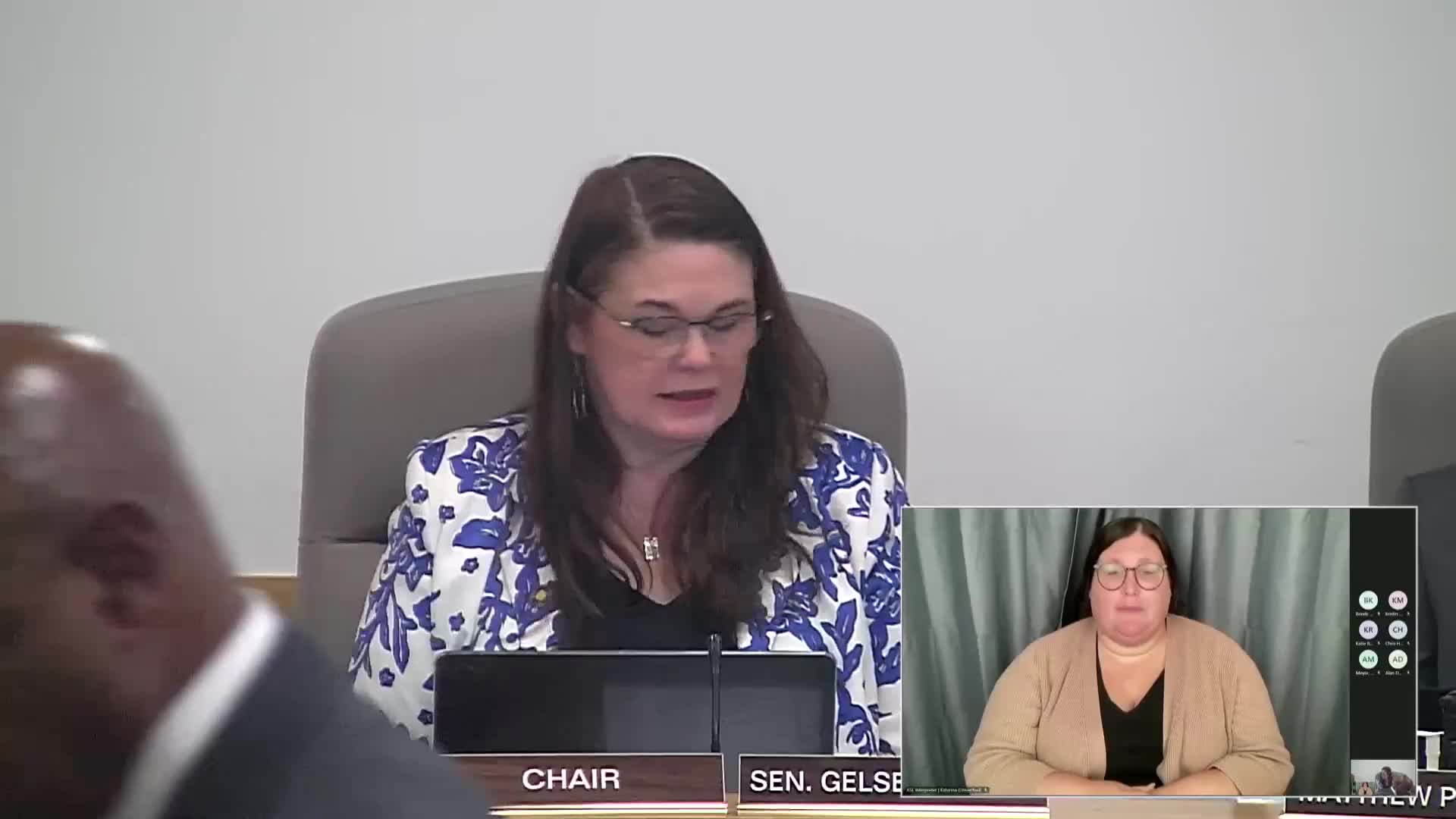Committee hears testimony to make sprinkler exemption permanent for small adult foster homes
Get AI-powered insights, summaries, and transcripts
Subscribe
Summary
Senate Bill 1066 would permanently exempt adult foster homes and residential training homes with five or fewer residents from a state requirement to install automatic sprinkler systems, while keeping safety requirements such as three-minute evacuation drills and smoke/CO alarms. Supporters said retrofit cost and home-like environment justify the
Senate Bill 1066 would permanently exempt adult foster homes and residential training homes from the state building code requirement that automatic sprinkler systems be installed in those facilities; the measure declares an emergency and would be effective on passage.
John Grimm, who identified himself as the owner of John Grimm Adult Foster Care, said he has operated adult foster homes for almost 20 years and that the houses provide a home-like environment. Grimm told the committee the cost of retrofitting sprinklers into an existing house can be high — “it was $20,000 just for my new house,” he said — and argued the state already requires measures such as showing all residents can evacuate within three minutes, maintaining smoke and carbon monoxide alarms, and documenting regular fire drills. “These are home-like environments. A sprinkler system to be put into an existing house is expensive,” Grimm said.
Rachel Hansen, testifying for SEIU Local 503, said the union represents adult foster home providers and supports the bill’s approach of preserving a home-like setting while prioritizing practical safety requirements. Hansen said providers generally care for residents who need help with daily living and that forcing sprinklers on homes that meet evacuation standards could cause closures of small, family-run providers.
Committee members noted the bill has a long history of temporary extensions. Chair Gelser Blue said stakeholders have repeatedly told the legislature a compromise was “almost done,” and the committee should decide whether to make the exemption permanent or continue using a sunset approach while negotiations finish.
No vote was taken; the committee closed the public hearing and will consider amendments and further testimony.
